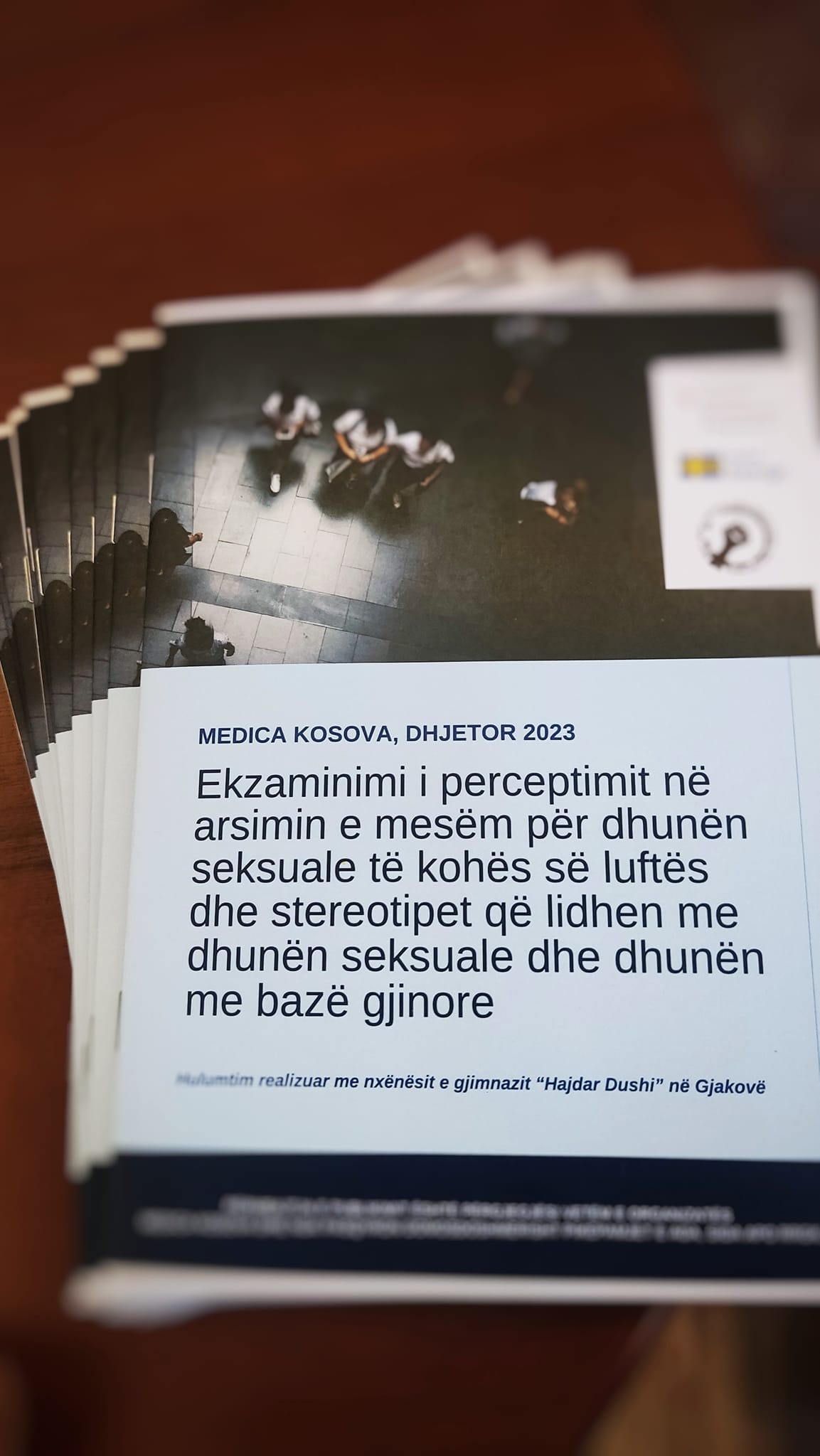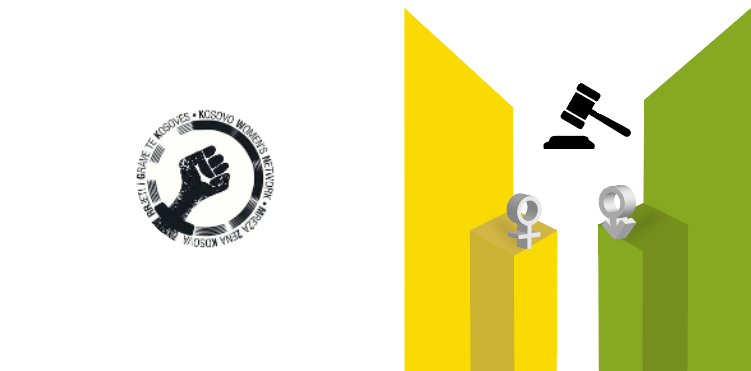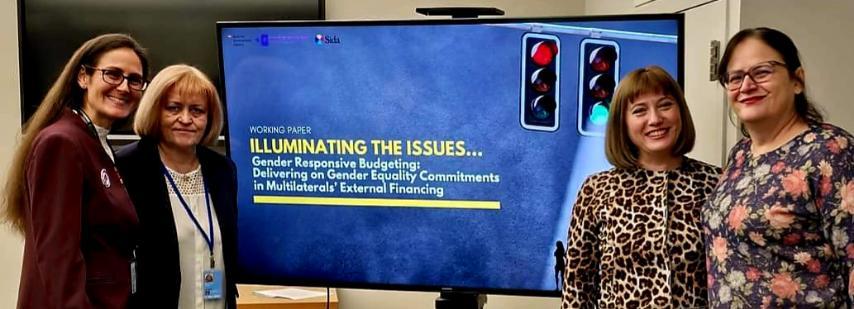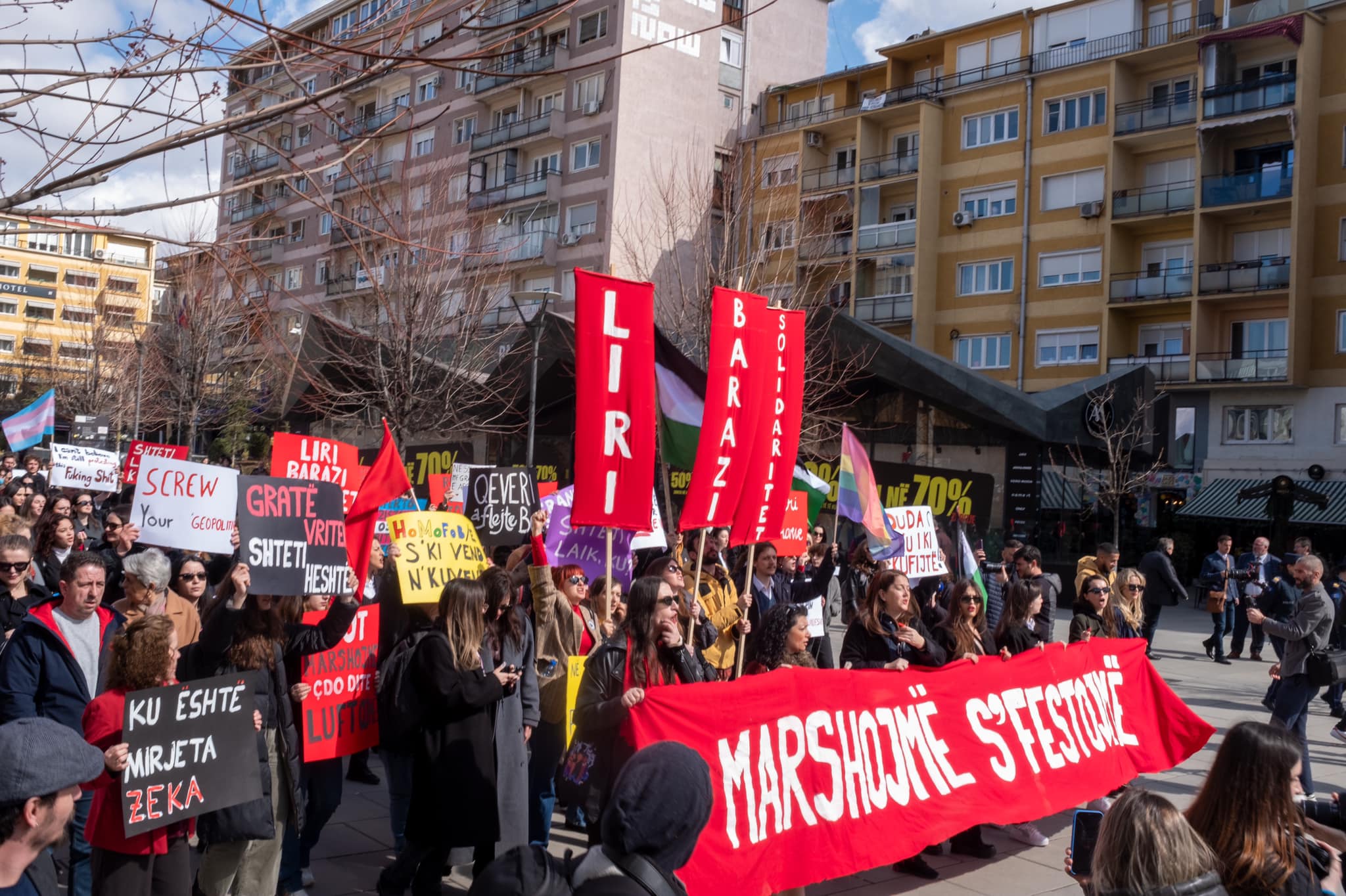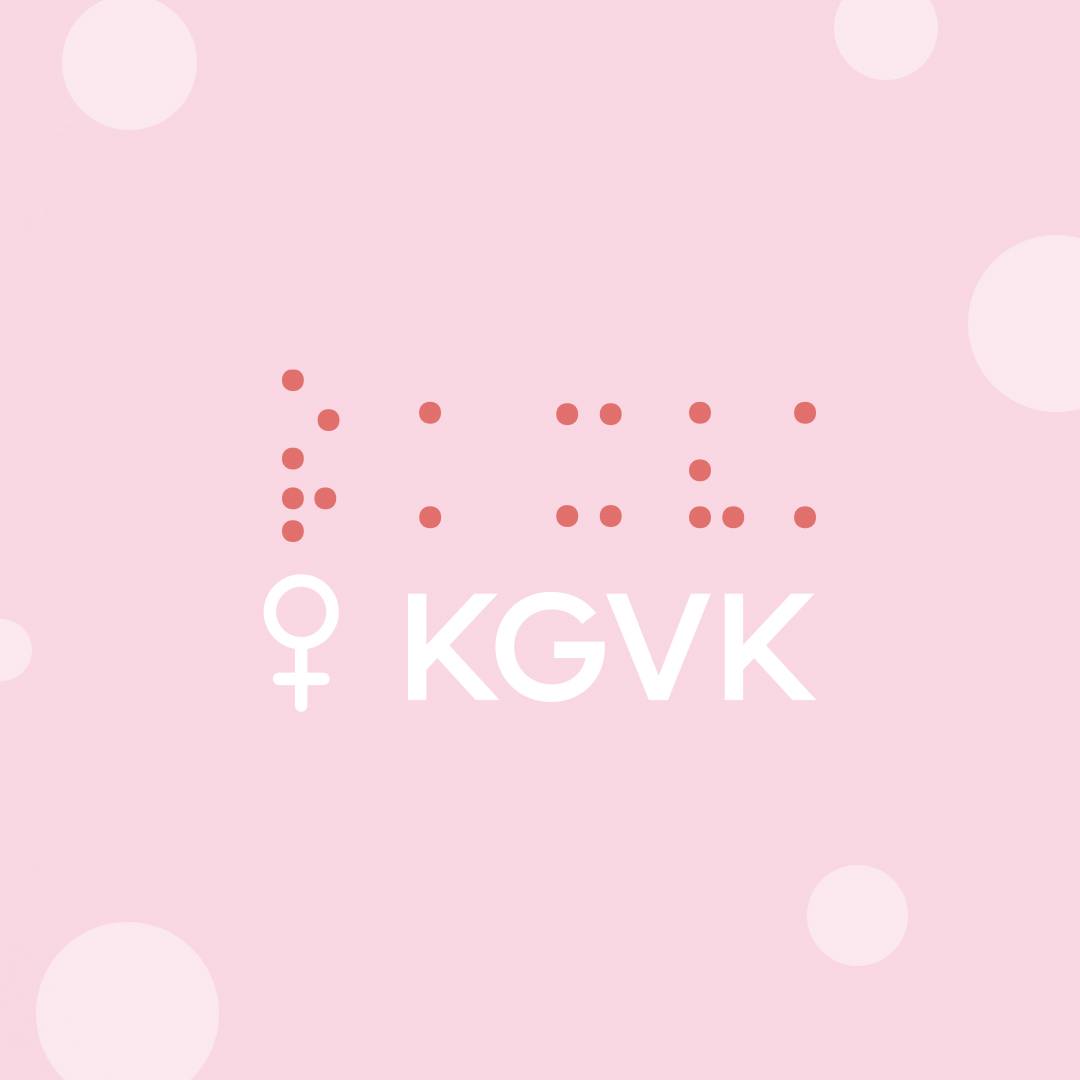The member organization of the Kosovo Women’s Network (KWG), Medica Kosova has completed the initiative “Understanding Secondary School Students’ Perceptions of Sexual Violence During War and Sexual and Gender-based Violence Related Stereotypes ” thanks to a grant received from KWN’s Kosovo Women’s Fund (KWF).
The project engaged 70 students (32 boys and 38 girls) from the 11th and 12th grades at the “Hajdar Dushi” gymnasium in Gjakova, in both natural and social sciences. Additionally, 13 teachers from the same school, teaching subjects such as history, psychology, language, and civic education, participated. Their involvement was aimed at assessing perceptions of sexual violence and gender-based violence during and after the war.
Medica Kosova organized a roundtable discussion involving representatives from educational institutions and various organizations within the municipality of Gjakova to present the findings of the research. The event brought together 13 participants, including representatives from the Directorate of Education, students and youth from youth organizations, and representatives from organizations for the protection of women’s rights, including the director of education.
Following the comprehensive presentation of the research findings, the participants actively engaged in a broad and open discussion regarding deficiencies in curricula related to addressing sexual and gender-based violence, as well as the repercussions of lacking sexual education in secondary schools. The research received positive feedback from all participant, who viewed it as a pioneering and essential initiative for educating young people about sexual and gender-based violence in Kosovo.
Medica Kosova carried out this activity, as a recipient of the grant within 18th round of the Kosovo Women’s Fund, through KWN’s “Furthering the Women’s Rights’ Initiative” initiative. The project was funded by the Austrian Development Agency (ADA) and co-funded by the Swedish International Cooperation and Development Agency (Sida).

